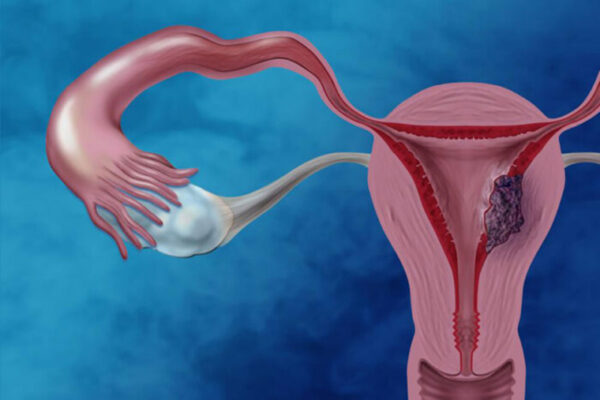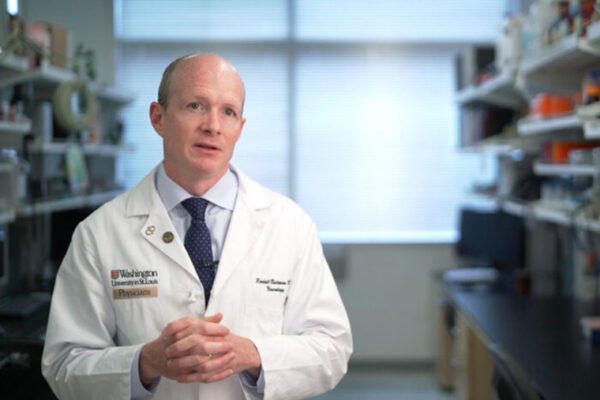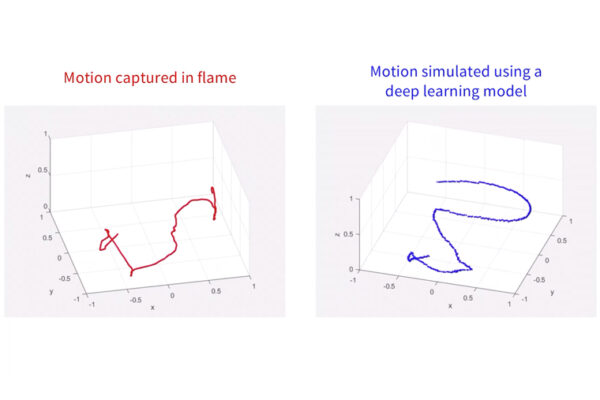Graham Chapel open daily for meditation, reflection and prayer
Iconic, awe-inspiring and, at last, more accessible. Washington University in St. Louis’ non-denominational Graham Chapel is now open from 9 a.m. to 5 p.m. weekdays for silent meditation, reflection and prayer. The initiative is one of many supported by the Rev. Callista Isabelle, the university’s first director for religious, spiritual and ethical life. She also helped organize Interfaith Week, which runs through Friday, Feb. 21.
Alumni and Development changes name to University Advancement
Alumni & Development Programs at Washington University in St. Louis has changed its name to University Advancement to better reflect the department’s renewed purpose to advance the university’s mission.
Fight against endometrial cancer boosted with new molecular road map
A new study offers a road map to understanding the molecular underpinnings of endometrial cancer, which could lead to new therapies. The national research team was co-led by investigators at the School of Medicine.
Arrokoth close-up reveals how planetary building blocks were constructed
William B. McKinnon, professor of earth and planetary sciences in Arts & Sciences at Washington University in St. Louis, led one of three new studies that together provide a far more complete picture of the composition and origin of Arrokoth. The new research published in Science points to the resolution of a longstanding scientific controversy about how such primitive planetary building blocks called planetesimals were formed.
‘Tale of Two Cities’ — Day of Dialogue & Action session to explore building a stronger St. Louis for all
Incomes in St. Louis are rising — for white residents. Development is booming — in the central corridor. And the population is rising — in select neighborhoods. “It really is a tale of two cities,” said Henry S. Webber, executive vice chancellor. At the Day of Dialogue & Action on Wednesday, Feb. 19, Webber and Chancellor Andrew D. Martin will ask participants for their ideas about ways to improve the region.
Investigational drugs didn’t slow memory loss, cognitive decline in rare, inherited Alzheimer’s, initial analysis indicates
The School of Medicine led an international trial evaluating whether investigational drugs could slow memory loss and cognitive decline in a rare, inherited form of Alzheimer’s disease. The trial was conducted at 24 sites in Australia, Canada, France, Spain, the United Kingdom and the United States.
Day of Dialogue & Action explores commitment to diversity and inclusion
The Washington University community will come together for the sixth annual Day of Dialogue & Action. The conference includes two full days of talks, panel discussions and workshops that will give participants an opportunity to learn about and engage with ongoing efforts to improve university culture and climate.
Day of Dialogue explores mindfulness as powerful tool in inclusion work
The annual Day of Dialogue & Action hosts “Mindfulness: Disrupting Biases With Compassion and Inspiring Positive Change,” unique sessions where participants will learn mindfulness skills and explore how mindfulness can lead to compassion.
Predicting chaos using aerosols and AI
Using aerosols as ground truth, researchers at the McKelvey School of Engineering at Washington University in St. Louis have developed a deep learning method that accurately simulates chaotic trajectories — from the spread of poisonous gas to the path of foraging animals.
Suicidal thoughts in 9- and 10-year-olds correlate to family dynamics
Research from Washington University in St. Louis shows a nontrivial rate of children as young as 9 and 10 years old are thinking about suicide. How their families interact — or don’t — may play a role.
View More Stories









